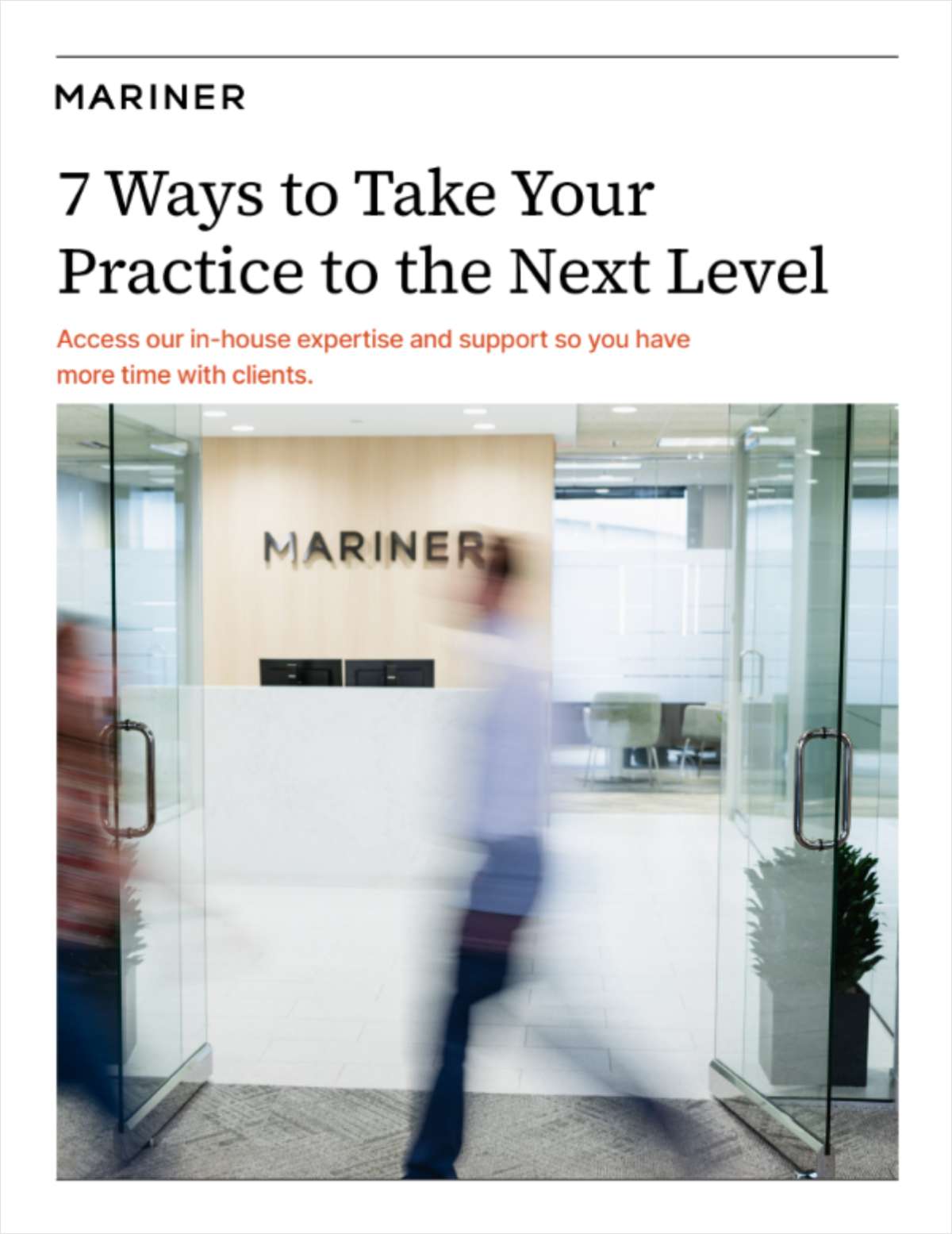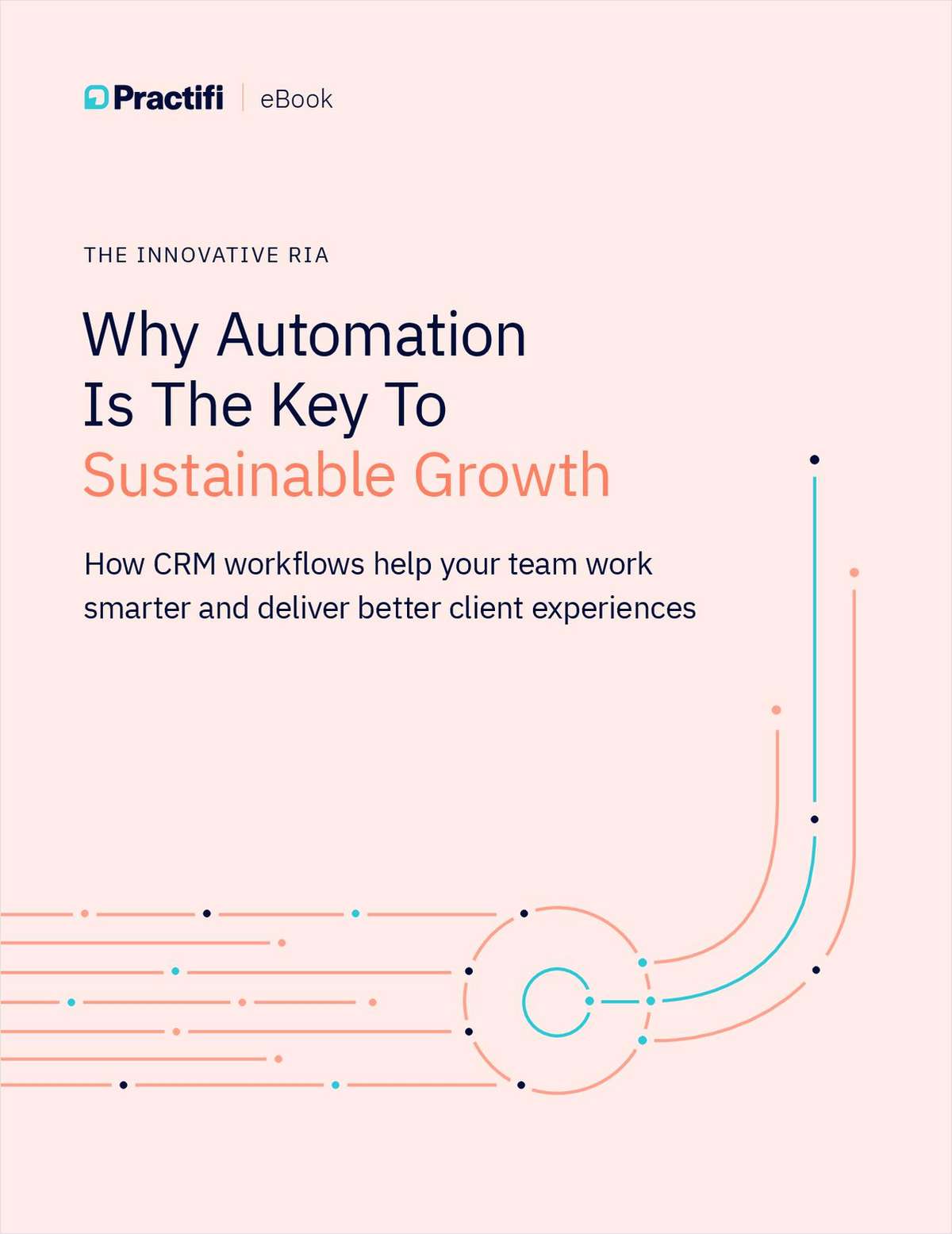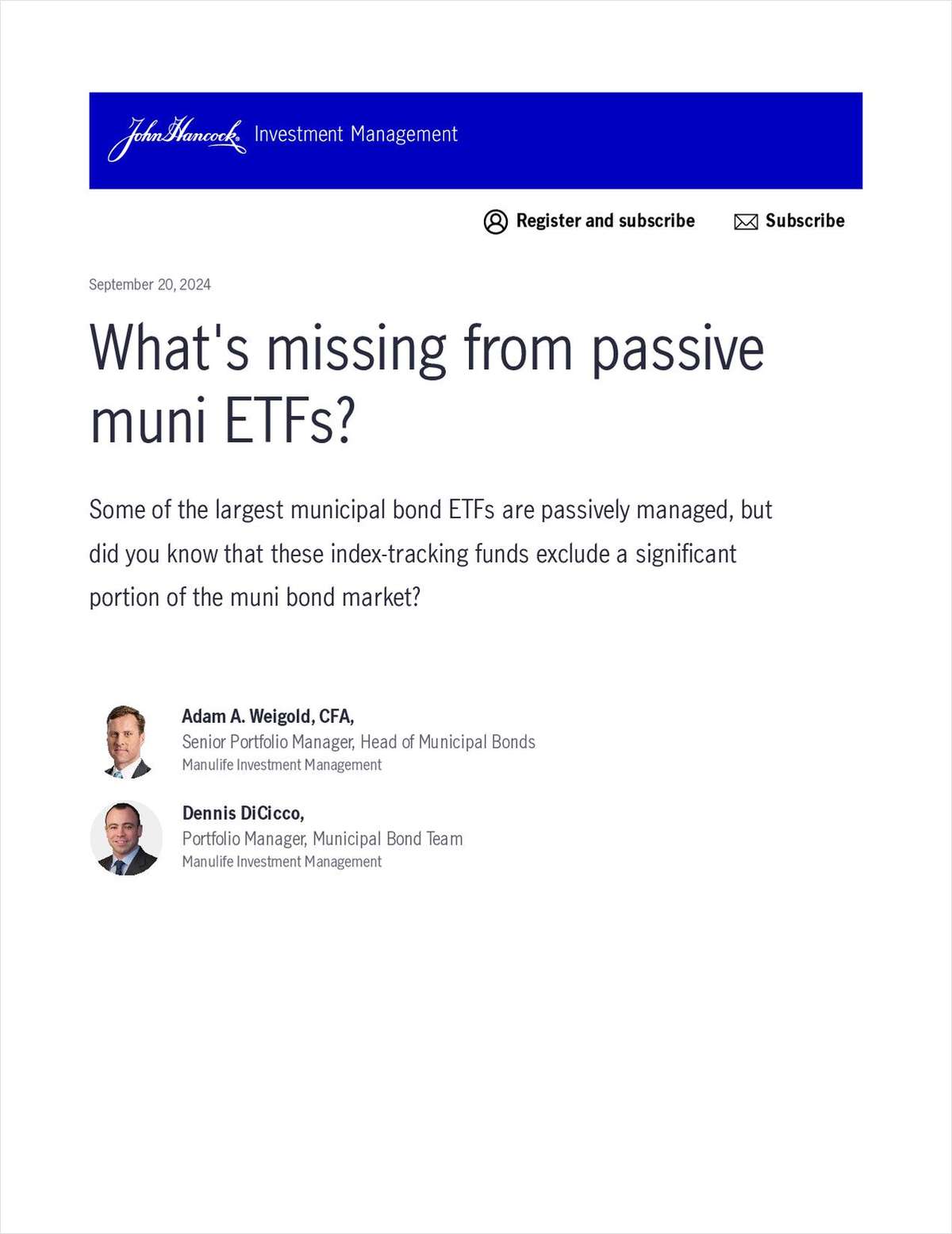
Annuities can address a lot of issues for fiduciary wealth managers and their clients, but lingering misconceptions and questions about compensation have prevented their broader use. But those perceptions are changing, fee-only annuity pioneer David Lau says.
Beyond the perceived complexities of annuities, worries over the cost of commissions and the potential for conflicts of interest have held fee-based advisors back — arguably, to the detriment of client outcomes. Additionally, traditional financial planning methods based on Monte Carlo simulations often do a poor job of demonstrating the real value of annuities.
But advisors and clients are increasingly open to annuities in retirement planning. In fact, there is reason to believe that fee-based RIAs are poised for a deeper embrace of annuities in the years ahead.
This is according to Lau, the founder and CEO at DPL Financial Partners, who appeared on the latest episode of ThinkAdvisor’s Ask the Retirement Expert podcast series.
Lau’s firm specializes in commission-free insurance and annuity products, as well as technology-driven product delivery and discovery tools for RIAs and individual investors. He's also an advisory board member for RISA LLC, the Retirement Income Style Awareness Platform.
Lau is optimistic about the future of his platform and the opportunity to help more people benefit from annuities, he said during the interview. That includes products that deliver guaranteed income to retirees, as well as annuities and related insurance solutions with other compelling use cases.
Here are highlights from our conversation:
THINKADVISOR: Can you tell us about your entrance into the insurance industry and how much things have changed from those early days?
DAVID LAU: Yeah, it was at Jefferson National, where I came in to serve as the chief operating officer. People probably recall that Jefferson National, which eventually got acquired by Nationwide, was an early innovator as a no-load, commission-free annuity provider.
I came into that role because of my prior experience working for a disruptor in the banking sector that had introduced the concept of branchless banking, which was acquired by E-Trade.
So, just as we eliminated overhead with the bank by eliminating branches, at Jefferson National, the notion was that we could identify and solve for some big inefficiencies that drove up costs. Unlike in banking, where the big inefficiency was brick and mortar branches, the big inefficiency in insurance and annuities was the commission.
Our notion was, if you can eliminate the commission, you can provide a much better product at a better price for the end consumer.
But then, we had to ask, if you eliminate the commission, who's going to be interested in distributing this? Clearly, it’s not going to be the traditional commission-based brokers that insurance carriers typically work with. We came to realize pretty quickly that our approach was a good fit for fee-based registered investment advisors, who at that time represented a small $500 billion sector of the advisory industry.
It’s pretty remarkable how much things have progressed from those early days. Fast forward to today, and that experience was invaluable in helping me to define what DPL needed to be.
What was it like getting to know the early innovators in the fee-based RIA space? These were very entrepreneurial-minded folks like yourself, right?
Yes that’s right, 100%. Remember, this was back in the early 2000s. These were some really forward-thinking individuals and teams who were the original breakaways. They didn’t have a playbook for breaking away like we do today.
If you want to break away today, there are literally dozens of people who would love to help you do that, and there’s a lot of powerful technology to support you. But those early RIAs were true entrepreneurs and true trailblazers.
Today, the industry has really grown up and matured, so there are fewer folks like that around. The RIA space is becoming, in many ways, much more corporate — especially as you see all the consolidation happening at the top end of the market.
I think that's a positive thing for the longevity of this industry. It’s similar to what has happened in any number of other developing industries. You start with the innovators and the ground breakers, but they’re not necessarily going to be the same people who are going to take it to the next level, so to speak.
Before we talk more about annuities, do you have a perspective on the growing influence of private equity in the RIA space?
It’s particularly relevant at the top end of the market, and I think it’s only getting started. I mean, it seems like there are a lot of mergers, purchases and consolidation activity going on right now, but I think it's really just getting started.



